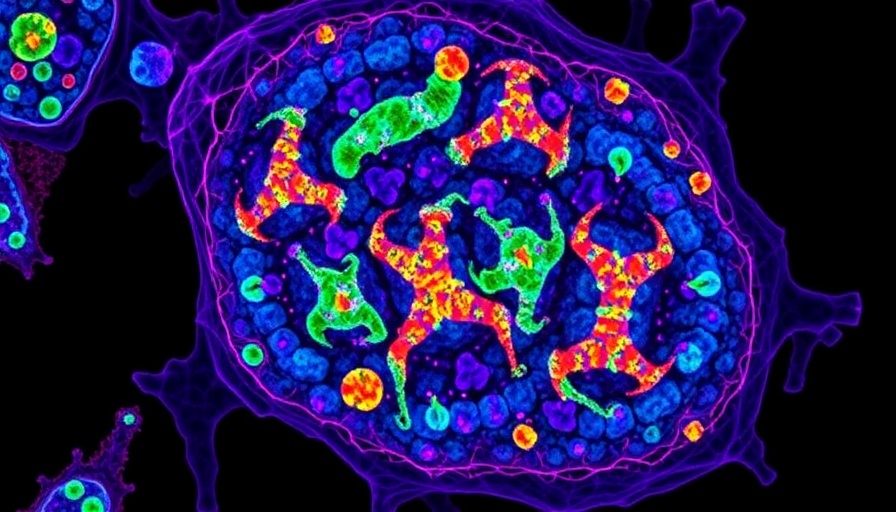
Understanding the Explant Technique
Breast cancer treatment has gained a promising development with the 'explant' technique introduced by researchers at the University of Leicester. This method, which assesses tumor responsiveness to chemotherapy and antibody treatments, promises to refine treatment plans for patients, potentially transforming clinical outcomes. The excitement stems from its ability to predict treatment efficacy, reducing unnecessary side effects from ineffective treatments.
The Role of Digital Pathology
At the heart of this breakthrough is the use of advanced digital pathology combined with multi-immunofluorescent techniques. This blend not only provides a detailed analysis of tumor samples but also leverages technology to create more personalized treatment plans. These techniques allow practitioners to observe cellular activities within tumor samples and predict how these cancerous cells will respond to different therapies.
Significance for Concierge Health Practitioners
For concierge health practitioners, staying informed about such medical advancements is crucial as it directly impacts patient care. The explant technique represents a significant leap towards personalized medicine, enabling more precise therapeutic interventions. Understanding these advancements equips practitioners with the knowledge to implement cutting-edge solutions for their patients, enhancing overall treatment effectiveness and patient satisfaction.
Future Predictions and Trends
Future implications of the explant technique promise even more personalized and effective treatment plans for various cancers. As digital pathology continues to evolve, it is likely we will see advancements that further refine patient treatment protocols, making healthcare more efficient and tailored to individual needs. For practitioners, embracing these trends means not only adapting to change but also positioning themselves as leaders in personalized healthcare delivery.
Relevance to Current Events
In the current era marked by rapid advancements in medical technology, the explant technique is a timely addition to the fight against breast cancer. By linking advanced research to everyday clinical practice, it underscores the urgent need to integrate new methodologies into healthcare settings. Understanding these connections helps practitioners remain relevant and proactive in their treatment approaches, ultimately benefiting patient outcomes.
 Add Row
Add Row  Add
Add 






Write A Comment